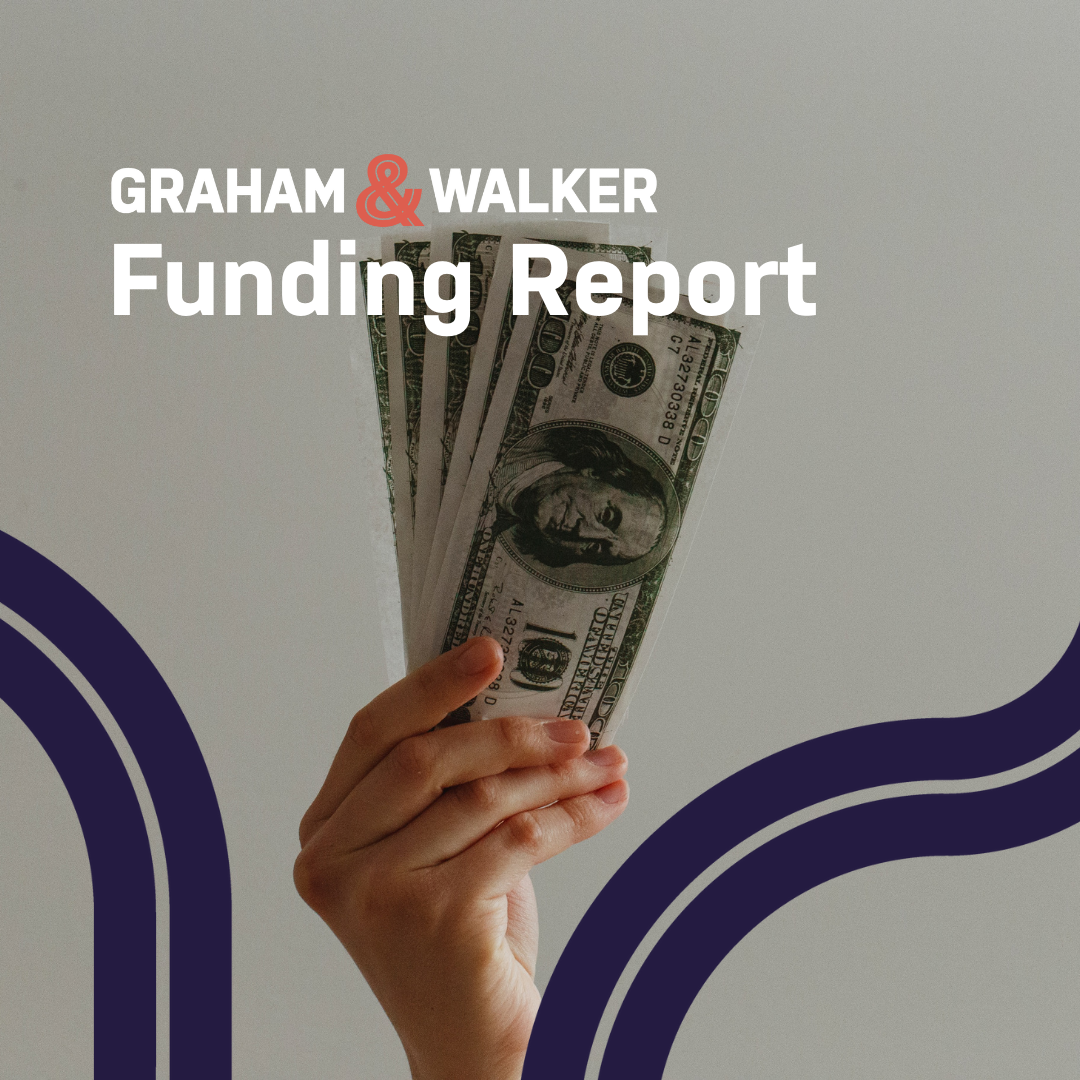This edition of “Ask the Expert” is brought to you by Grasshopper Bank. We asked the FFA community what questions they had for Judith Erwin, Founding CEO of Grasshopper Bank. Read on for her insights.
 Grasshopper is a digital bank serving founders, their companies, and the investors supporting them across the innovation economy. They make banking simple, secure, effortless and transparent.
Grasshopper is a digital bank serving founders, their companies, and the investors supporting them across the innovation economy. They make banking simple, secure, effortless and transparent.
Grasshopper ultimately seeks to democratize access to high quality financial services while improving the client experience.
Q: How do the economic circumstances COVID-19 has precipitated compare to other economic downturns you have experienced? What can we learn that will help us weather current challenges?
Having started in the banking industry in the late ‘90s, I have experienced a few economic downturns, including the dot com bust, 9/11, and the financial crisis in 2008. This one is different in a few ways and the same in others. First of all, this is just beginning, we really are not sure what will happen in the months to come. Second, this downtown is hitting full industries rapidly. Restaurants, hospitality, and travel have all been decimated over a few weeks, with record unemployment. Coupled with an economy that was still growing prior to COVID-19, it creates a lot of uncertainty for what the next 6 – 12 months will bring. What we do know is business fundamentals and a focus on the customer always are good business tactics, and the companies that survive economic downturns are the ones that focus on those two truths.
Companies should consider the next quarter a zero revenue quarter with subsequent quarters slowly regaining momentum. To weather the current challenges, make sure that you are focused on profitability and the ability to operate over the next twelve months without injecting additional capital, venture or otherwise.
Q: What cash flow management advice do you have for founders right now, especially those who had been planning to fundraise in Q2 of this year?
One of the hardest decisions for a founder to make is to scale back on expectations, but that is paramount, especially in the next few quarters. Everyone is taking a moment to understand the extent of the pandemic, how long it will last, and what the effect will be on the economy. For many angel investors that have been investing their own money, they have less capital to invest, and venture capitalists will generally be more conservative. This means the time it takes to raise money will extend, the number of meetings will increase, and, most likely, valuations will shrink. What each founder should do is understand how far they can get with their current cash, explore alternative funding sources, and make the hard decisions for your business.
I recommend that if you are making the decision to make cuts, that you make them deep one-time. It is very hard to continue to lead and motivate a team that is unsure of their future.
Q: What advice do you have for business leaders who are trying to build forecasts or design financial models for the remainder of 2020?
It depends wildly on the business. There are some businesses that are growing because of the pandemic. Others are business as usual, and others have ground to a halt. In all cases, leaders need to plan for a post-pandemic world. How will the current state of remote work, sheltering in place, etc. affect the world after we have COVID-19 under control and things are back to a “new normal”? Will you run your business differently? Has your customer changed? What adjustments should be made to your product? All of these questions should drive your decisions around financial modeling and forecasting. The saying plan for the worst, expect the best and prepare to be surprised seems to be highly appropriate.
Q: How should founders think about investments in R&D right now?
Startups, by definition, are in the R&D business. We often call it product-market fit. If your business has not achieved product-market fit, fundamentals still apply. Focus on getting to product-market fit. Find your customer and solve their needs. If you have product-market fit, you may want to double down on truly understanding your customer and making product decisions based on them. Zoom is a great example of this. Their customer shifted from an enterprise customer to the consumer because of COVID-19. A consumer’s security needs are different. Zoom responded by freezing product development and focusing on getting security settings and capabilities right.
Q: What do you wish more startups knew about the broader financial landscape?
It is still a great time to be a founder.
It is no surprise that some of the great companies were started in downturns. Founders are problem solvers, and in times like these, new problems are created, and new solutions are needed. Focus on the fundamentals; listen to your customers; and understand that the underlying financial infrastructure is still strong. We will rebound from this pandemic, and while it will leave an indelible mark on our country, founders will find ways to continue to create and build amazing companies.

About Judith:
Judith, Grasshopper’s Founding CEO has been in commercial banking for 35 years with the most recent 20 years focused in venture banking and the venture capital ecosystem, first in the Bay Area and then in New York City for the past 10 years. After being approached to start a new venture bank based in NYC, Judith agreed with the one caveat that it needed to have a differentiated technology strategy. After all her experience in the space, she knew exactly what was broken in commercial banking and knew it was the time to make significant change in the industry that had served her so well.

